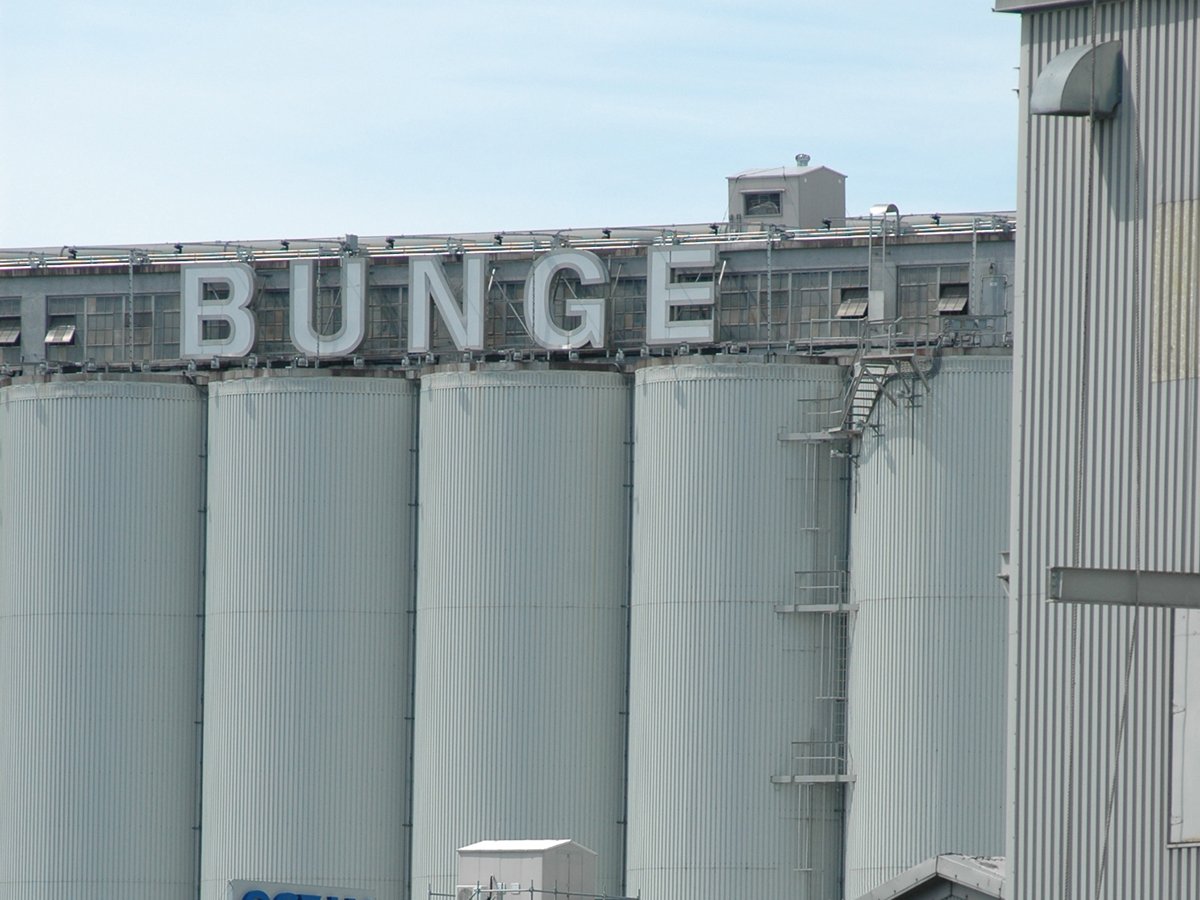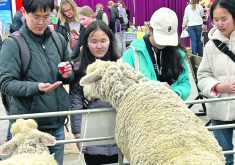When is a historical first not a big deal?
That’s something I and others at Keystone Agricultural Producers’ annual meeting had to ponder when the organization elected Portage la Prairie farmer Jill Verwey as its new president.
In one way it was the oldest story in the world: an established farmer with lots of experience faced off against a young up-and-coming farmer, with the more experienced one winning.
But it was also the first time KAP has elected a female president. Even though KAP has had female board members over the decades, Verwey is the first woman to be top dog and the face of the organization.
Read Also

Bunge’s crop mix is changing
Bunge has predominantly been a soybean processing firm, but that’s about to change after the merger with Viterra with softseed processing and grain merchandising gaining ground.
A few of us at the meeting chatted about it. Is it a big deal? Is it just a normal thing these days? When is it noteworthy that a woman has reached a lofty position for the first time?
As a journalist I had to bounce that around in my head as I considered whether it was worth writing a story about. Is this a noteworthy accomplishment for both Verwey and KAP because Verwey is a she, or is that patronizing and disregarding the fact that Verwey was the more experienced person in the race and was the natural odds-on favourite. I wouldn’t write a story just because KAP elected a new president, so there was a choice to be made.
Farming is still male-dominated, at least on the farm level. Much of agriculture is too, with everything from grain elevator staff to truck drivers to inspection staff mostly being male. It’s impossible to not notice how gender-based so many of the jobs and roles in farming still are, in contrast to much of the rest of Canadian society.
On the other hand, there have been strong female farm leaders since those days in the early 1990s when I started covering prairie farming.
Almost immediately upon joining the staff of The Western Producer I ended up interviewing Alanna Koch, at the time executive director of The Western Canadian Wheat Growers Association. Soon, on the other side of the political spectrum, Nettie Wiebe became the face and voice of the National Farmers Union.
Over the years, I’ve often interviewed female industry leaders, so it was never a shocking situation to run into one, but in most situations they were definitely in a minority.
At the KAP meeting, I had a chance to chat with Alanna, who was there to take part in a panel and is now head of the Global Institute for Food Security. She was just one of many female experts who spoke on panels during the two-day meeting. She’s been a leader in agriculture for decades. A few days earlier I had covered an honorary diploma being presented to Dori Gingera-Beauchemin, who had just retired as deputy minister of Manitoba Agriculture after an ag department career lasting 44 years.
In the late 1990s, I had one female editor, Elaine Shein, who was followed by another one, Barb Glen. This didn’t seem odd or unusual because my first editor out of journalism school was female, as was my editor in Lloydminster a year later. It all seemed normal and regular.
Yet I caught myself at Manitoba Ag Days seeing Manitoba’s two most powerful people in attendance — Lieutenant Governor Anita Neville and Premier Heather Stefanson — and immediately noting that they were both women. Was that worthy of note, or was I imposing a patronizing level of scrutiny and recognition upon two people who are natural for the job?
I know this is a matter of debate among women in agriculture because I’ve heard female friends in ag debate it. Some value the recognition of women who are achieving success and prominence in an industry they were once mostly blocked from. Others think it is patronizing and demeaning to highlight the gender of somebody when that has nothing to do with the job they are doing.
I don’t know how this should be handled and I rarely have had to deal with it. It just came up because Verwey was elected at a meeting I was covering, and I had to make a call on whether to write a story.
I compromised by doing both. I didn’t write a story, but I wrote this column about the question.
I don’t suppose the question will fade any time soon. It’ll pop up every time there is a notable first for any organization or role, I’m sure. But the fact that some of us had to have a good hard think about whether this was a big deal or just an ordinary happening suggests that there has been a lot of progress in agriculture, but still some way to go. Maybe some day we’ll forget all about the issue, but not just yet.
















